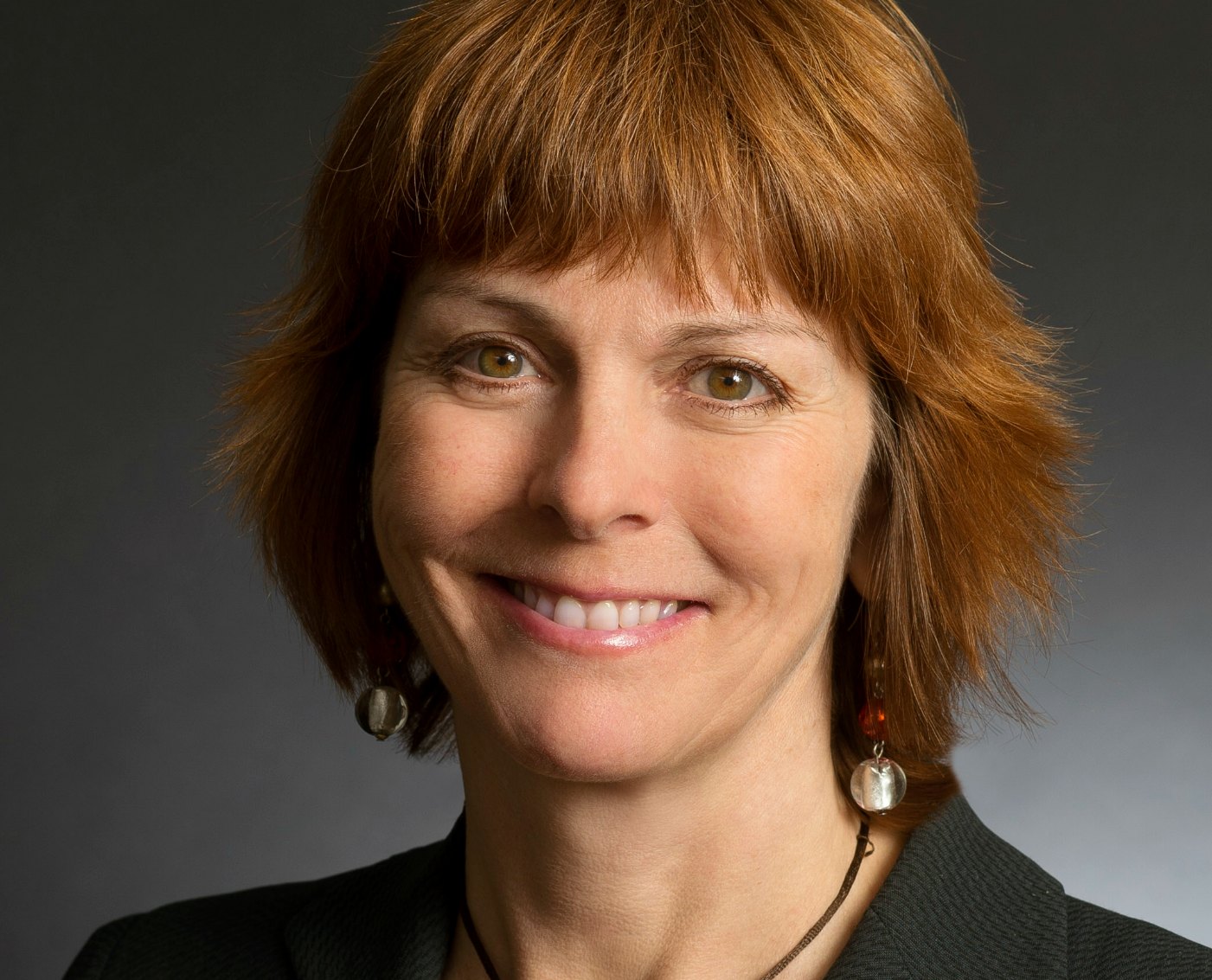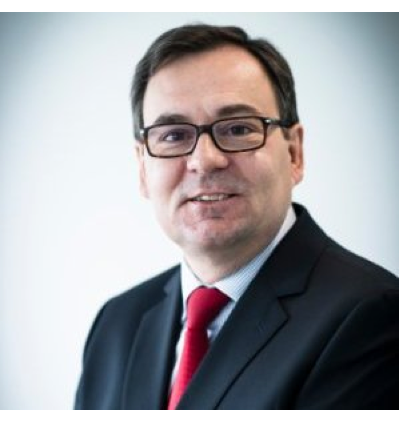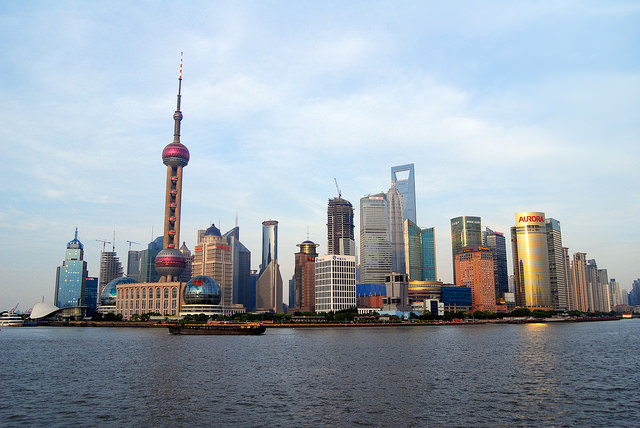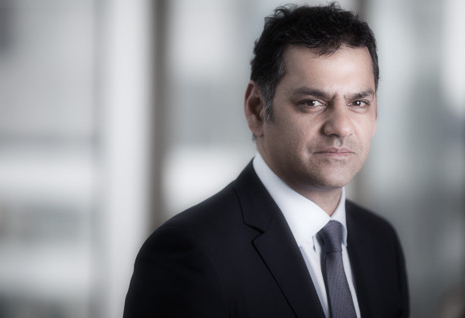“In EM Corporate Debt, We Continue to See Opportunities across Various Sectors Especially in LatAm”
| By Alicia Miguel | 0 Comentarios
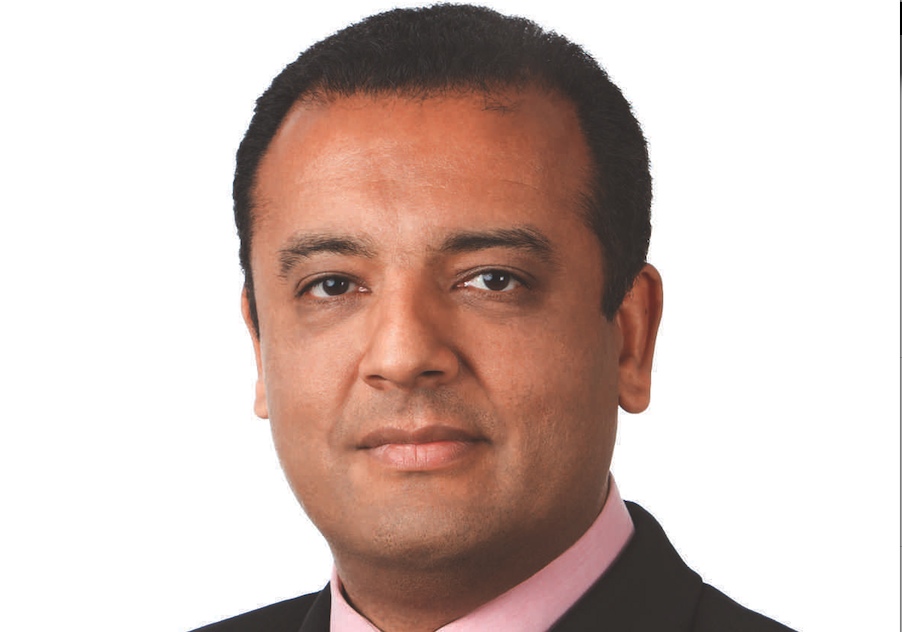
Nish Popat, co-lead Portfolio Manager, Emerging Markets Corporate Debt team, at Neuberger Berman, explains in this interview with Funds Society why is a good moment to invest in emerging debt and why he is looking at opportunities in corporate debt in Latin America, as well as in Government debt in countries like like Azerbaijan, Ecuador, Hungary, Ivory Coast and Indonesia. In currencies, they currently have a long bias with overweight positions in the Indian rupee, Turkish lira and some Latin-American currencies, such as the Mexican, Chilean and Colombian peso.
Emerging markets have been almost reviled by investors in recent years. Is this situation changing, especially in the debt market?
Many investors have, over the past couple of years, been under-allocating their exposure to EM funds as several concerns about China/Brazil/ global slowdown/ commodities and oil & gas and the FED raising rates have all contributed to concerns about Emerging Markets, especially currencies. Over the past two months, as many of these factors have stabilised, we have begun to see strong inflows into Emerging Market Debt, mostly in hard currency but also positive flows in local currency.
What kind of investor is beginning to reinvest in emerging markets?
In the past few years most of the outflows from the asset class seemed to be coming from retail investors. This year, however, we are seeing inflows into EMD from both institutional and retail investors.
Are we currently seeing a good entry point at present?
Pressures on EMD fundamentals are starting to ease amidst a stabilisation in commodity prices and supportive monetary policies globally, while the sharp EM FX depreciation has resulted in current account adjustments in several EM countries. Sufficient FX reserves and low external debt levels continue to support Sovereign structural fundamentals, while elevated spread levels are now more than adequate to compensate for cyclical risks. Finally we see supportive technical at present as well, as investor demand is returning from generally underweight positions, while supply of new issues is relatively light. We believe that overall these factors justify an allocation to the asset class and we have increased risk across our blended EMD portfolios this year as we believe that those positive developments counterbalance the fundamental challenges that some EM countries are still facing.
How will EMD be affected by any Fed rate hikes? What do you expect from Janet Yellen?
The market was certainly impacted when the initial fears of a Fed hike emerged in 2013. Since then, we have seen how cautious the Fed has been in managing the markets fears to the speed and extent of that rise, that when it occurred the market virtually discounted the whole event and so it had virtually no impact on the EM asset class. We continue to believe that the Fed will be very cautious in their approach and at present see the impact on the EMD asset class as having been already priced in.
Is this a reason to favour short durations? What are the advantages of shorter duration in the portfolio?
The main advantage of a short duration approach is the more conservative risk profile with lower volatility and drawdowns, coupled with protection in case interest rates surge at some point. While we believe that this approach can be attractive for investors who are looking for a more conservative, absolute return approach to EMD, we acknowledge that such a strategy typically doesn’t fully capture the upside that the longer duration strategy offers in a rallying market.
Are you now taking increased credit risk or it is not necessary?
We have, over the past few weeks increased our overall risk appetite in the EM universe as we continue to believe that many investors remain under-weight and the stability of the various concerns suggests that the premiums offered by EM issuers were too high in light of the falling risk. We continue to be positive and expect the momentum to continue as the message from developed market central banks remains supportive to risk assets.
Is it possible to find quality investments (IG) in public and corporate debt in EM with good profitability?
Many IG companies in the EM world have continued to make profits, however these are lower than they were in the past as the slowdown in their economies or sectors has an overall impact on their bottom line. We have seen many companies actively manage the situation and expect that while profitability will be lower than 2015, many companies are dealing with the changing global environment better than many investors had anticipated.
What countries (government bonds) and sectors and enterprises (private debt) do you favour?
In EM corporate debt, we continue to see opportunities across various sectors especially in LatAm where many issuers suffered dramatically in 2015 as valuations reached levels which we believe were excessive even though many corporates are going through a difficult period at present. Going forward, we continue to believe that demand for yield will be key in investors’ minds as the Fed and the ECB continue to provide dovish comments and we believe that the momentum for EM corporates remains strong.
In sovereign (government) debt we like Azerbaijan and Ecuador which we think sold off excessively on the oil price move, and we like countries that have been and continue to be on an improving credit quality path which we currently see in Hungary, Ivory Coast and Indonesia.
Is now a good time to take on currency risk or not?
We have become more constructive on EM FX exposure based on improving export growth and current accounts, while valuations and technicals are supportive as well. We currently have a long bias with overweight positions in the Indian rupee, Turkish lira and some Latin-American currencies, such as the Mexican, Chilean and Colombian peso.
Volatility has been strong in recent months, also due to the Chinese theme and commodities. Will this persist? Does that present a need for caution or a chance to seize the opportunity?
The “fear” factor at the end of 2015/ beginning of 2016 has certainly been one of the key reasons why many investors were nervous about investing in the EM asset class over the past year, combined with the increase in volatility as many countries were being downgraded and the China slowdown was certainly a major factor. Over the last 3 months, we have seen how this fear has, for now, diminished dramatically and returns in the asset class have been very strong. Certainly in the short term we see the positive momentum continuing, however the EM world is made up of many countries and companies and accordingly, while there may be issues in one region, the diversity of the asset class enables another part of the world to benefit and accordingly we have seen how resilient the asset class has been over the past years in light of the various issues that have arisen. It is important that investors look at EM on a longer term horizon and while in the short term there may be some headline risks, if we look at the asset class over the past 10 years, we have seen it return a very solid positive annualised return.



